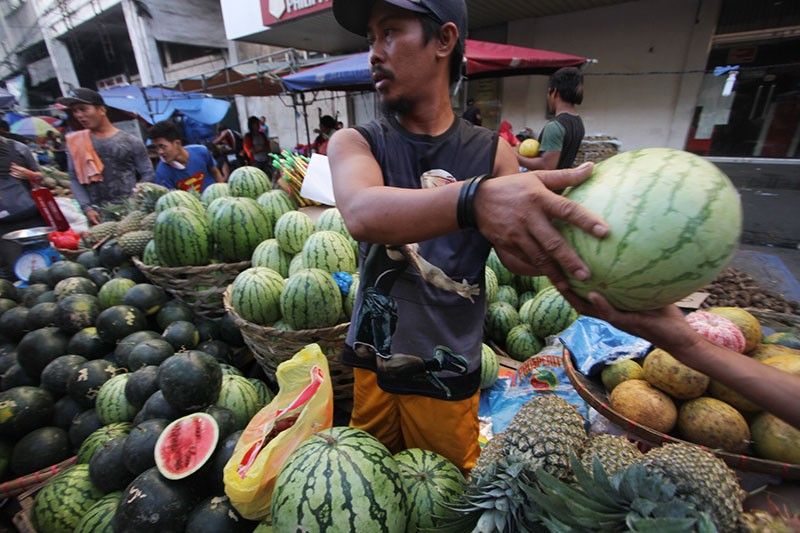Carbon prices remain stable despite El Niño

CEBU, Philippines — Supply and prices of basic commodities sold at Carbon Public Market, the trade center in Cebu City, have remained stable amid the El Niño phenomenon.
Erwin Gok-ong, president of Cebu Market Vendors Development Cooperative, an association of traders in Carbon market, said prices of rice in particular are still stable.
In fact, he said, prices of commercial rice went down by an average of P8 to P10 per kilo, thanks to the influx of imports.
“Sa pagkakaron, stable pa atong supply and prices sa atong mga produkto including rice and vegetables (As of the moment, the supply and prices of products, including rice and vegetables, remain stable),” he told The FREEMAN in a phone interview yesterday.
Gok-ong, however, expressed concern that if El Niño further worsens, it might affect supply and prices in the market as it would cripple production.
“Sa karon, kasagaran sa mga baligya gi-source pa locally kay okay pa man (We’re in good shape as of yet because we are still relying on our local sources),” he said.
According to the state weather bureau, a weak El Niño is already present in the tropical Pacific. The Philippine Atmospheric, Geophysical, and Astronomical Services Adminsitration (PAGASA) noted that this natural event is likely to continue until June.
This becomes more critical because temperature is expected to increase by April and May, which are the hottest months of the year, the bureau said.
Local producers have been worried as the El Niño-induced dry spell significantly dwindles farm output.
As for rice, the government recently passed the rice tariffication law, a measure seen to flood the market with cheaper imported rice.
Local farmers have opposed the measure, worrying that it would flood the market with cheaper rice.
The rice tariffication law will replace the present quotas on rice imports with tax.
The law will also reduce government’s role in rice importation and lead to more rice imports by the private sector. (FREEMAN)
- Latest

















